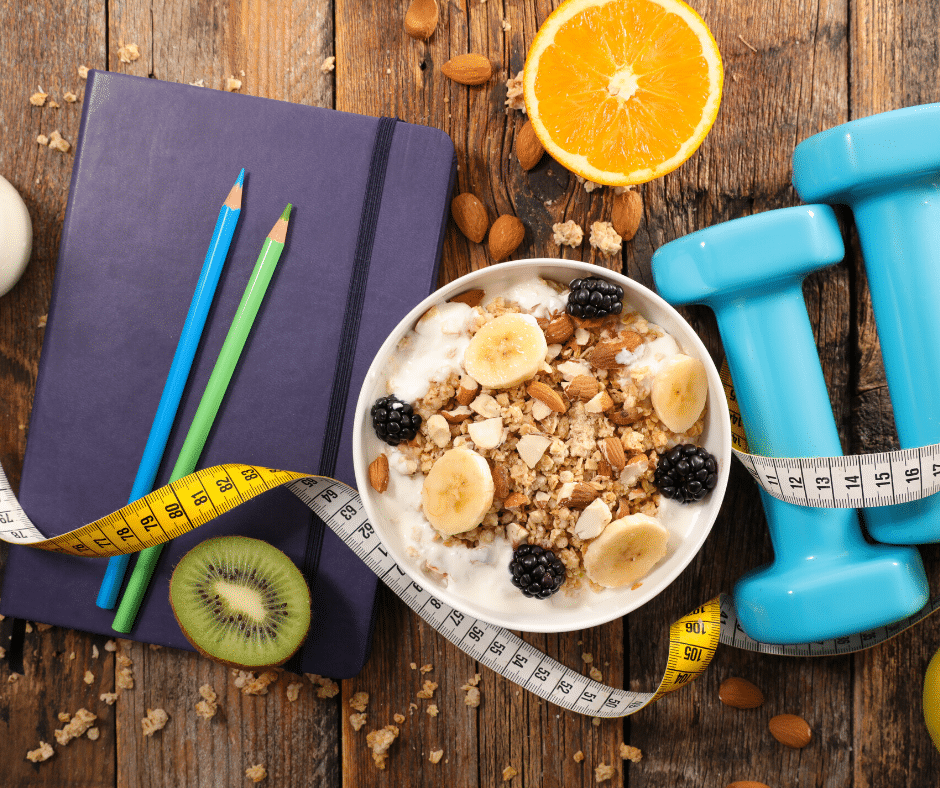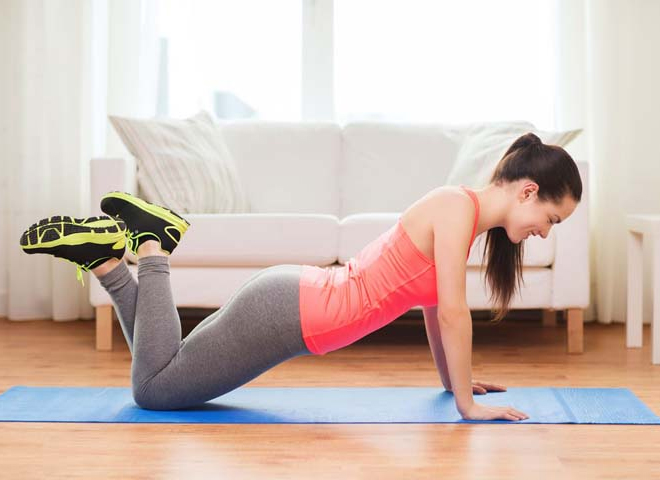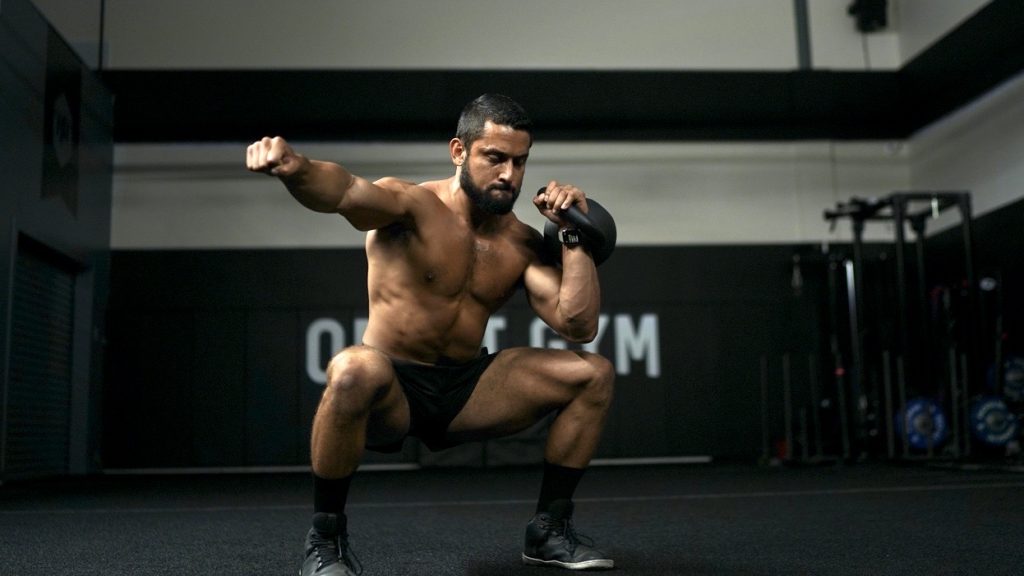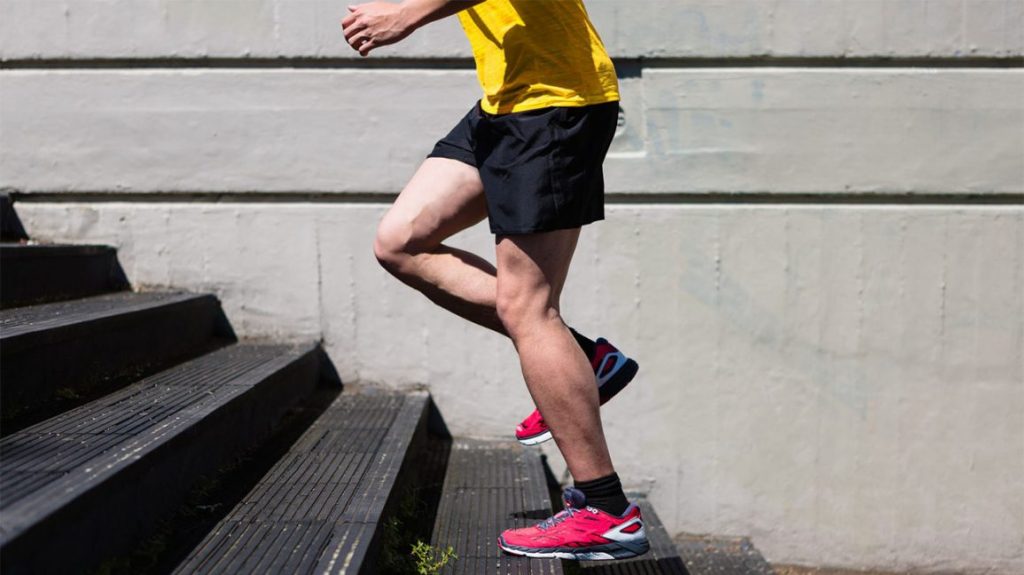Okay, consider an alternate scenario in which you do low-intensity cardio to burn those extra fat calories. Good attempt, close to the goal. You see, training status also affects the effectiveness of fasting cardio. Namely, if you exercise on a regular basis – if you are reading this article, you probably are – the effect of cardio on an empty stomach on the rate of fat utilization is negligible, even at low-intensity levels.
Horowitz and his colleagues at the University of Texas at Austin found that when subjects exercise at 50% of their maximum heart rate, which is comparable to an easy walk, there is no difference in the amount of fat burned – it does not matter at all whether you exercise on an empty stomach or after food.

These findings hold true for any workout less than 90 minutes long. Only after an hour and a half, hungry cardio begins to give a noticeable effect and increases the amount of consumed fat.
It turns out that if you are not ready to stomp on a treadmill for two or more hours, cardio on an empty stomach does not provide additional benefits for any intensity of training.
Hungry cardio becomes even more pointless when you take into account post-workout oxygen consumption (POTK). PTPK, often referred to as “afterburn”, reflects the amount of calories burned after a workout. And you know what? Eating pre-workout meals leads to a dramatic increase in PTPK.
Guess what becomes the main source of energy in the post-workout period? That’s right, fat!
Morality
Increasing PTPK is tantamount to burning more fat. Therefore, it is still better to eat before cardio workout.
The workout intensity factor should also not be discounted. Experiments indicate that high-intensity interval training is more effective than monotonous cardio in terms of fat loss . (In his book, Bill Phillips recommends HIIT as the primary type of cardio workout.)
Ever tried an HIIT session on an empty stomach? I bet you will run out of steam very soon. To train at high intensity, your body needs a ready-made source of energy in the form of glycogen; exhaust these reserves, and you can say goodbye to increased training intensity.
In the end, you will burn fewer calories both during and after training, as a result of which the total fat consumption will be negligible.
Finally, fasting cardio can increase muscle catabolism. Research shows that exercising with depleted glycogen stores significantly increases the use of tissue protein for energy during exercise.
Protein can account for more than 10% of the total calories burned in an hour-long cardio session – twice as much as during a post-meal workout.
Whichever sauce you put it on, sacrificing precious muscle mass for a futile attempt to burn off a few extra fat calories is a bad idea. Especially if you are a bodybuilder!
Cardio before breakfast: to be or not to be?
Summarizing the above, the concept of cardio training on an empty stomach is erroneous and unfounded, especially if we are talking about bodybuilding and related disciplines.
At best, the impact of such training on body composition will be the same as if you exercised after a meal; at worst, you will lose muscle mass and inhibit fat burning. But since you need to eat before your workout … what to eat before your cardio session?

The answer depends on many factors, including the duration and intensity of the workout, the time of the previous meal, and individual characteristics.
A good rule of thumb is to consume about half a gram of carbohydrates and a quarter of a gram of protein per pound of ideal body weight (which may differ from actual body weight).
For example, if your ideal weight is 100 pounds, your pre-workout meal should consist of approximately 50 grams of carbohydrates and 25 grams of protein. A smoothie made with natural fruit juice and whey protein is a great choice, especially if you do cardio early in the morning before breakfast.
Of course, individual response to nutrient intake can vary, so use this recommendation as a starting point and make any adjustments as needed.




